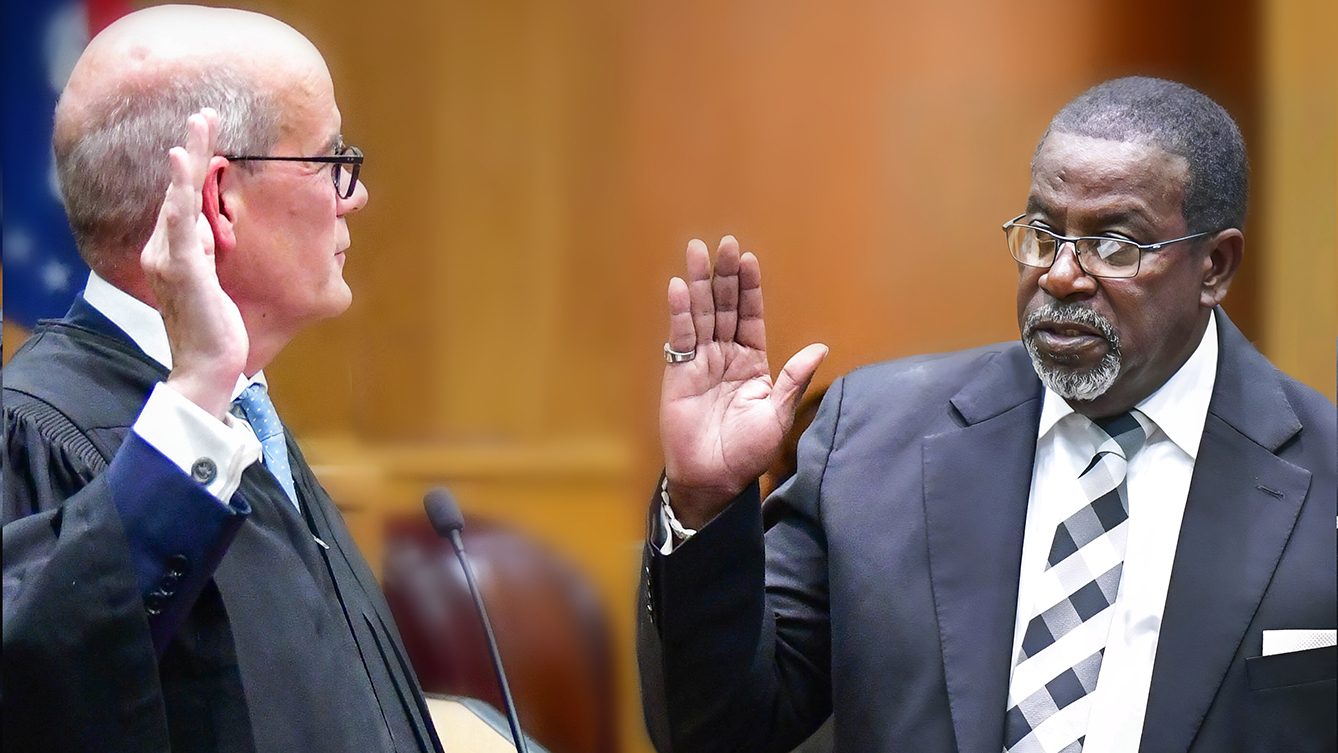Is subscription model healthcare a real alternative?
Published 10:30 am Wednesday, March 1, 2023
Mississippians have, like citizens in many Southern states, argued for a long time over the question of Medicaid expansion. The arguments run the gamut from financial to moral to philosophical to purely political and usually intensely partisan.
The debate continues in 2023, a courthouse-to-statehouse election year in the state. In the wake of the Dobbs abortion case decision by the Supreme Court, the current debate has focused on increasing postpartum Medicaid care for mothers from the present 60 days to one year. In the state with the highest rate of infant mortality in the country and as the originating state for the Dobbs anti-abortion decision, an expansion of Medicaid for this purpose more than makes sense.
But the politics of Medicaid expansion in Mississippi is intensely partisan. One conservative advocacy group that has been monolithic in its opposition to Medicaid expansion for more than a decade is the Mississippi Center for Public Policy. The group is still opposing Medicaid expansion in Mississippi – currently on the basis that the Florida model of subscription primary care “ultimately costs less than regular insurance prices with better quality care.”
The bright line explanation for cheaper medical care in the subscription model is that they claim to remove the insurance companies from between the doctor and the patient.
For those with the means to afford private insurance of some kind, the subscription model may well be worth exploring. But as a substitute for Medicaid, serving some of the poorest people in America, the subscription model has many failures and shortcomings.
The subscription model requires a monthly, quarterly or annual payment, usually between $80 to $100 monthly, to pay for routine monitoring, checkups, comprehensive care and tests. But urgent care and specialized care are not covered. There is no health insurance to pick up the massive costs of catastrophic medical events like car accidents or long intervention battles with dread diseases.
Because of the lack of traditional health insurance, experts say subscription primary care customers need a health savings account (HSA) or a high deductible health insurance plan (HDHP) in case a car accident or cancer battle occurs.
To make those monthly primary care subscription payments, HSA contributions and HDHP premiums, there must be a steady stream of income. Perhaps subscription primary care works as a substitute for traditional fee-for-service health insurance. But as a substitute for Medicaid, the more likely outcome is that the Mississippian in poverty will remain uninsured.
As I’ve written before, regardless of one’s politics, taxpayers have and will continue to bear the brunt of healthcare costs for the poor. Two federal laws virtually dictate unreimbursed spending.
Many of the government-owned community hospitals in Mississippi were funded through the federal Hill-Burton Act, which originally gave hospitals built with federal dollars a 20-year post-construction mandate to provide free or subsidized care to a portion of their indigent patients. In 1975, Congress enacted an amendment to the Hill-Burton Program, Title XVI of the Public Health Service Act. Facilities assisted under Title XVI were required to provide uncompensated services in perpetuity.
The uninsured primarily receive uncompensated care. Nationally, uncompensated care in the U.S. is estimated to comprise over 55 percent of all emergency care delivered. That percentage is believed to be significantly higher in Mississippi’s state-owned rural hospitals. Mississippi hospitals estimate they delivered $600 million in uncompensated care.
Second, there is the 1986 Emergency Medical Treatment Act (EMTALA) which was enacted by Congress. This act requires any hospital that accepts Medicare payments to provide care to any patient who arrives in its emergency department for treatment, regardless of the patient’s citizenship, legal status in the United States or ability to pay for the services – including medical transport and hospital care.
Also applicable under EMTALA is the requirement that every U.S. hospital with an emergency room has a legal duty to treat patients who arrive in labor. The law allows hospitals to bill patients and sue them for unpaid bills, but the odds of making recoveries from indigent patients are extremely low.
Subscription primary care serves people with resources. Subscription primary care may have a place in Mississippi’s healthcare arsenal, but it’s comparable to a Band-Aid on a severed femoral artery when it comes to Medicaid in Mississippi.
Sid Salter is a syndicated columnist. Contact him at sidsalter@sidsalter.com.





